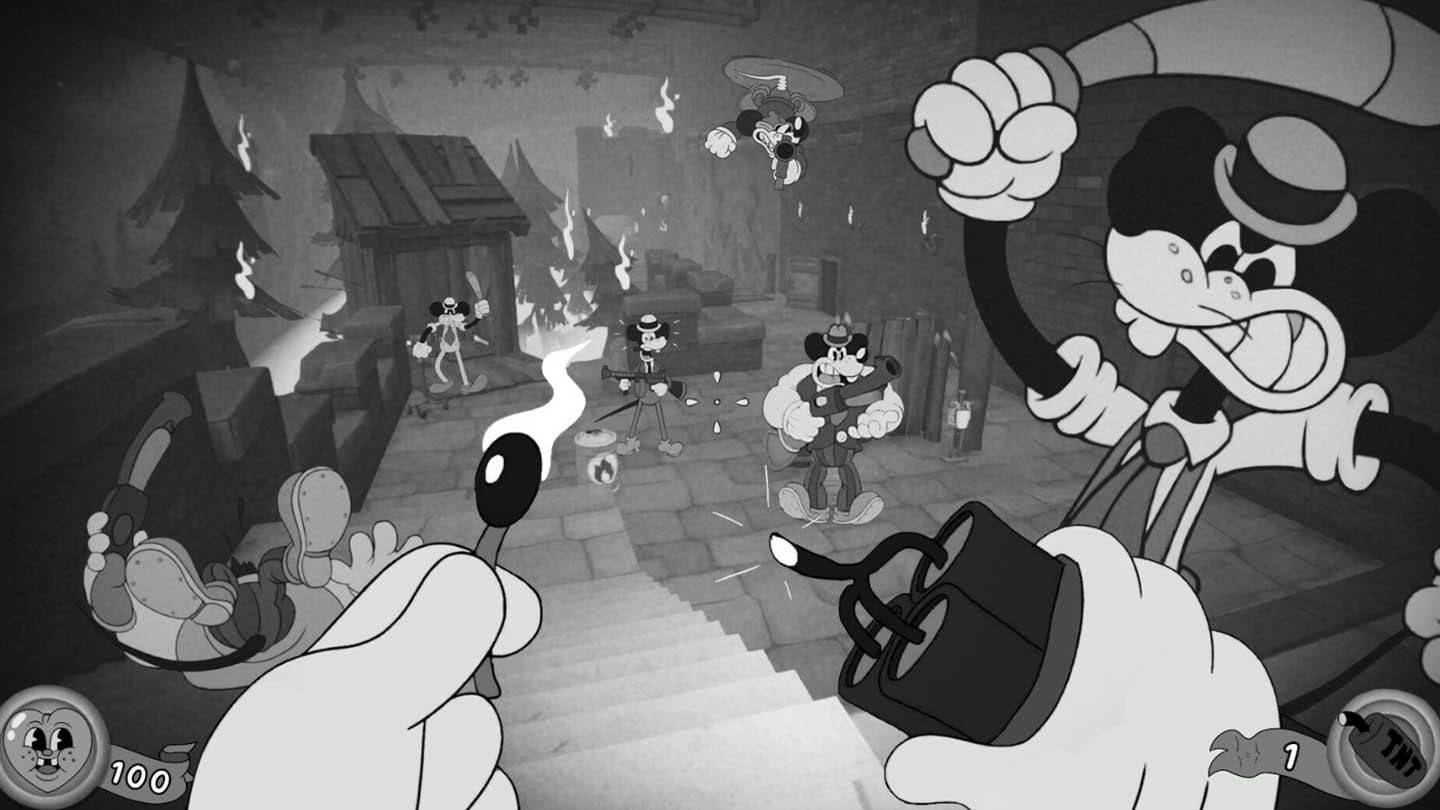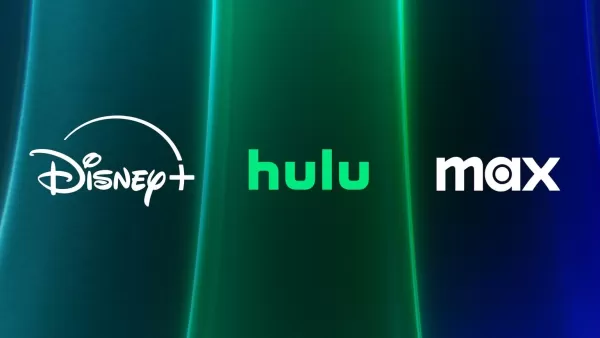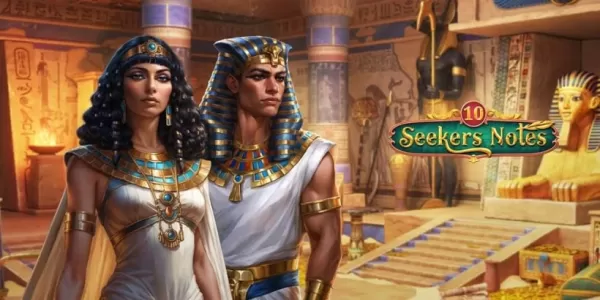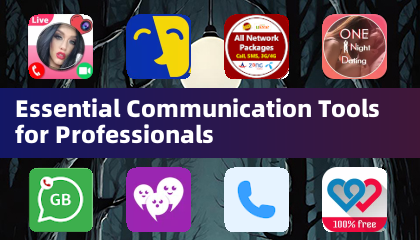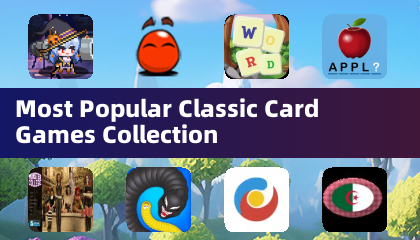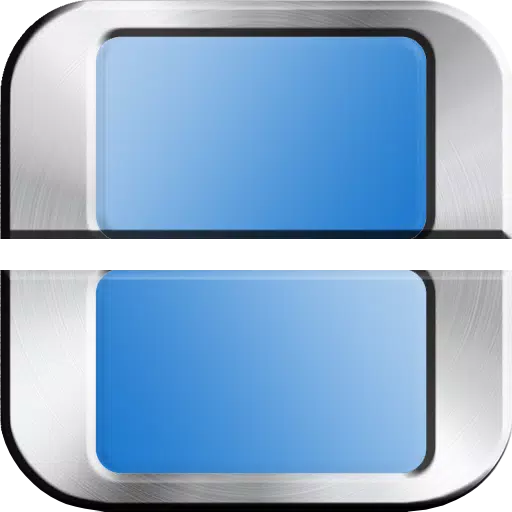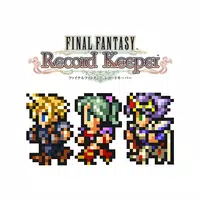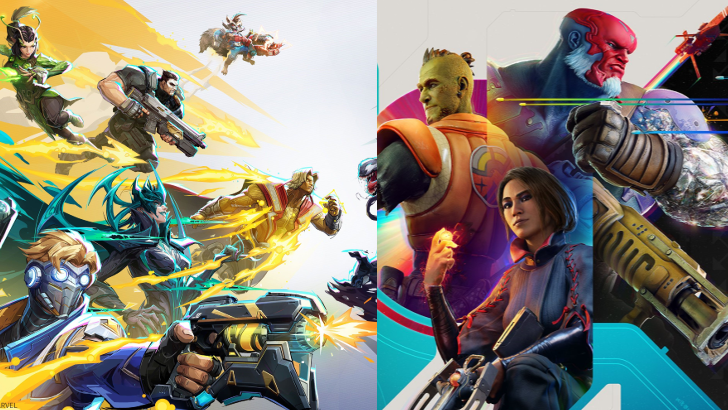
Marvel Rivals has significantly outpaced Sony and Firewalk Studios’ Concord in terms of player engagement, showcasing a remarkable difference in their beta performances.
Marvel Rivals Dwarfs Concord’s Beta Player Count
Marvel Rivals’ 50,000 players to Concord’s 2,000
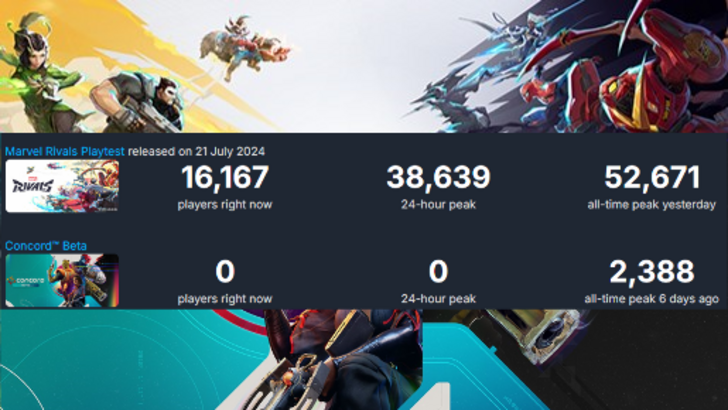
Within just two days of its beta launch, NetEase Games’ Marvel Rivals has surpassed Concord’s peak player count by an impressive margin, reaching over 50,000 players. In contrast, Concord's peak was a modest 2,388 concurrent players. Marvel Rivals continues to attract players in the five-digit range, showing no signs of slowing down.
As of July 25, Marvel Rivals achieved a peak of 52,671 concurrent players on Steam.
It's important to note that these figures do not include PlayStation players, who likely contribute a significant portion of the player base. The vast difference in beta performance has sparked concerns about Concord's future, especially with its official release scheduled for August 23.
Marvel Rivals Thrives, yet Concord Struggles to Find Footing
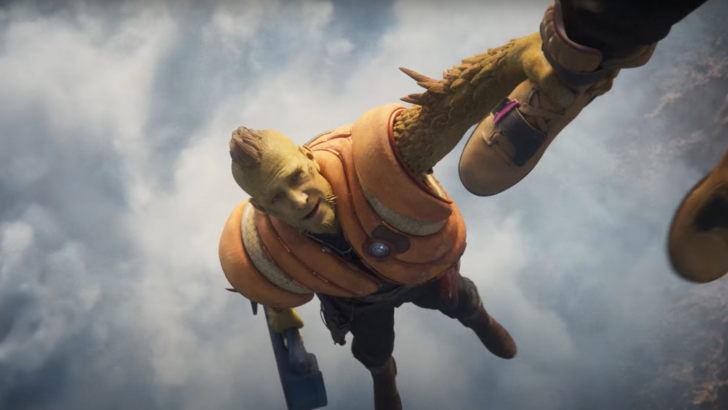
Despite undergoing both closed and open beta phases, Concord, published by Sony, continues to lag behind, ranking well below many indie titles on Steam's most-wishlisted chart. Wishlists are a key indicator of a game's demand, and Concord's low ranking suggests a lukewarm reception to its beta tests. Meanwhile, Marvel Rivals enjoys a strong position at number 14 on the chart, alongside titles like Dune: Awakening and Sid Meier's Civilization VII.
Concord's situation is further complicated by its Early Access beta, which required a $40 pre-order. While PS Plus members could access the game for free, this necessitates a costly subscription.
The open beta, which followed a week later and was available to all players, only managed to boost the peak player count by a thousand.
In contrast, Marvel Rivals adopts a free-to-play model from the outset. The closed beta requires a simple sign-up, with access generally granted upon requesting it on the game’s Steam page.
The live-service hero shooter genre is already crowded, and Concord's high entry price may drive players to seek more accessible alternatives.
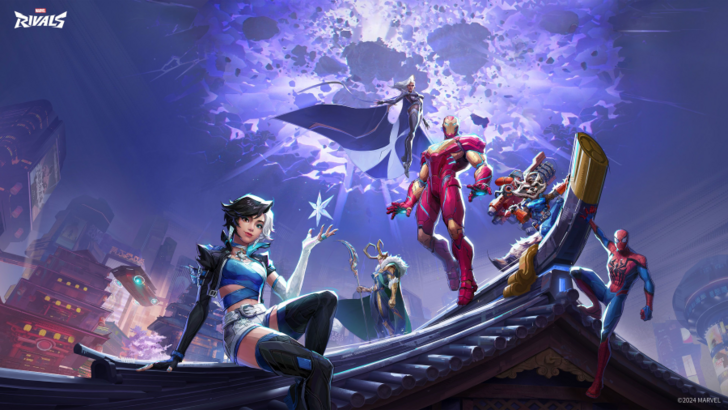
Some gamers express skepticism about Concord due to its struggle to differentiate itself in a saturated market. Unlike Marvel Rivals, which benefits from a well-known IP, Concord lacks a distinct identity.
When Sony unveiled Concord's cinematic trailer, its "Overwatch meets Guardians of the Galaxy" aesthetic caught attention. However, many felt it lacked the charm of those franchises.
Despite this, the success of live-service shooters like Apex Legends and Valorant shows that a familiar brand isn't always necessary for building a large player base. Conversely, Suicide Squad: Kill the Justice League's peak of 13,459 players illustrates that a strong IP alone does not guarantee success.
While comparing Concord to Marvel Rivals might seem unfair given the latter's more established IP, both being hero shooters highlights the competitive landscape Concord faces.





 LATEST ARTICLES
LATEST ARTICLES 